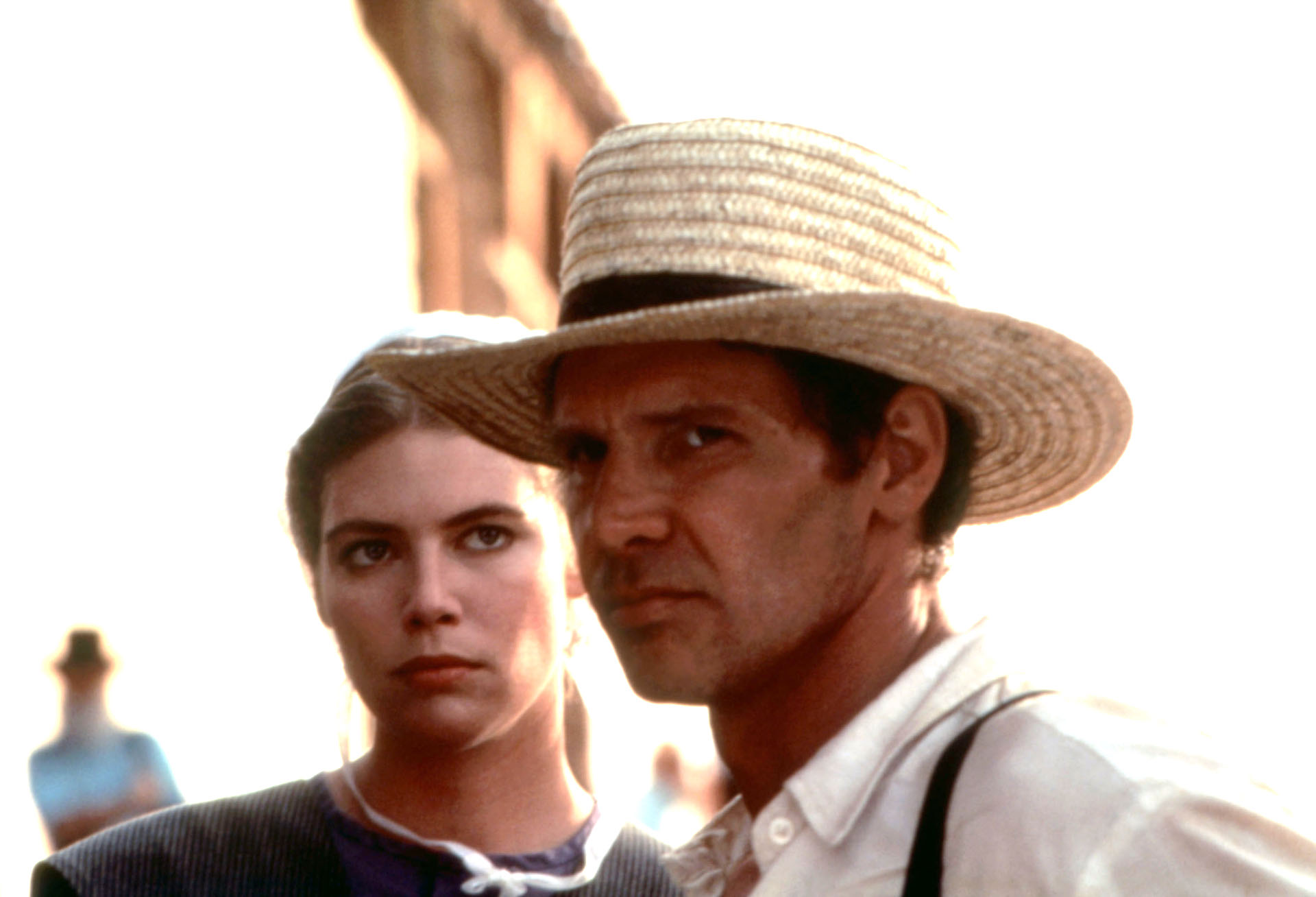Peter Weir, the legendary Australian director of “Picnic at Hanging Rock,” “The Year of Living Dangerously,” “Gallipoli,” “Witness,” “Dead Poets Society,” “The Truman Show,” and “Master and Commander: The Far Side of the World,” is getting some richly deserved recognition. Following his honorary Oscar in advance of the 2023 Academy Awards, he will now receiving the Golden Lion for Lifetime Achievement from the Venice Film Festival this fall.
“With a total of only 13 movies directed over the course of 40 years, Peter Weir has secured a place in the firmament of the great directors of modern cinema,” said Alberto Barbera, the artistic director of the Venice Film Festival, in an official statement.
Weir has been nominated for six Academy Awards throughout his career — three times for Best Director, for “Witness,” “The Truman Show,” and “Master and Commander,” for which he also received a Best Picture nod, and once for Best Original Screenplay for “Green Card.”
The director said in response to the Venice recognition, “The Venice Film Festival and its Golden Lion are part of the folklore of our craft. To be singled out as a recipient for a lifetime’s work as a director is a considerable honour.”
“Weir combines reflections on personal themes and a need to reach as vast an audience as possible,” Barbera added. “[He] has reinforced his own role in the Hollywood establishment, all the while keeping his distance from the American movie industry. ‘Witness,’ ‘Mosquito Coast,’ ‘Dead Poets Society,’ ‘Fearless,’ ‘The Truman Show,’ and ‘Master and Commander’ are the major stages of an artistic career that has conserved its underlying integrity deep within the commercial success of the movies he has made.”
That’s well said. Watching any of those movies, one is struck by how they make full use of the Hollywood toolbox on a vast scale, with the highest possible production values, while also being exceptionally quiet, introspective works about connection and fulfillment and finding meaning in a chaotic universe.
“Witness,” a film that’s aged so well that, if released now, would still be a contender for best movie of the year, epitomizes his approach. It tells a very Hollywood story about police corruption and connection between very different cultures in Harrison Ford’s Philadelphia cop finding refuge in Amish country, but also feels free to divert from its main narrative with enriching digressions, such as the barn-raising sequence magnificently scored by the late Maurice Jarre.
There are a lot of lessons Hollywood can learn from Weir’s films about keeping human stakes even when telling a story on a huge canvas. Get a taste below.








